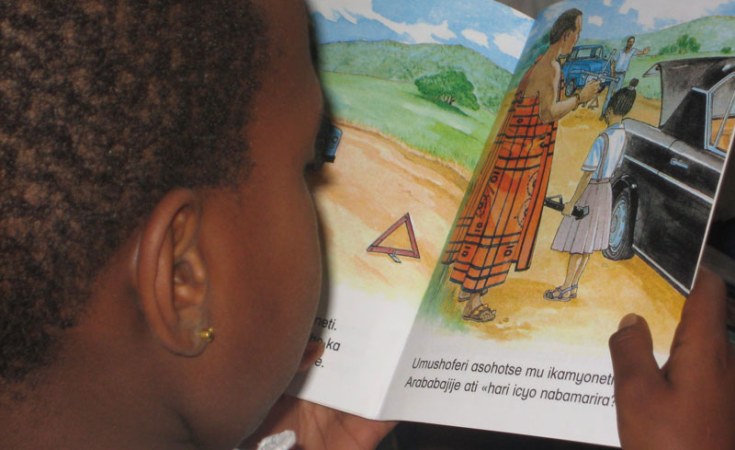Jean — Damascène Bizimana, the Minister in the Ministry of National Unity and Civic Engagement (MINUBUMWE), on Wednesday, July 26, urged parents in the diaspora to teach their children Kinyarwanda, emphasizing its significance as a fundamental element of their culture.
Bizimana made the call during a workshop at Green Hills Academy, where around 140 young Rwandans from the diaspora convened to learn more about their heritage and the history of their motherland.
The children are from countries such as Belgium, the United Kingdom, and Switzerland.
According to Bizimana, it is unnecessary to have specific coaches to teach children in the diaspora about their culture and heritage. Instead, he believes, parents should take the lead in this matter, particularly from an early age.
He said: "Parents serve as their children's initial coaches in matters of Rwandan culture, being responsible for imparting knowledge right from the beginning. The fundamental starting point lies in teaching them Kinyarwanda, their mother tongue."
Bizimana highlighted the importance of Rwandan values like unity, courage, patriotism, and justice, urging the children to uphold these principles. He stressed the need to avoid divisive actions, betrayal, and hatred, among other prohibitions.
Francoise Muhorakeye, a Rwandan parent living in the United Kingdom, said that there are several educational initiatives aimed at teaching young Rwandans born abroad about their cultural heritage, traditions, and history.
"We found out that this initiative of teaching them Kinyarwanda, as well as traditional dance and other culturally related activities, is something they love. Through these teachings, we aim to prevent them from adopting unnecessary behaviors," she said.
Another parent, Chantal Muteteri, from Belgium, recommended parents living abroad actively pass down important aspects of their cultural identity, as it influences their character and decision-making as they grow into adulthood.
The four-days-camp is helping children to get to know more about Kinyarwanda language, and traditional dances and pay special visits to historical sites like the Campaign against Genocide Museum and the National Museum of Rwanda in Huye to foster a deeper sense of patriotism and civic responsibility.


